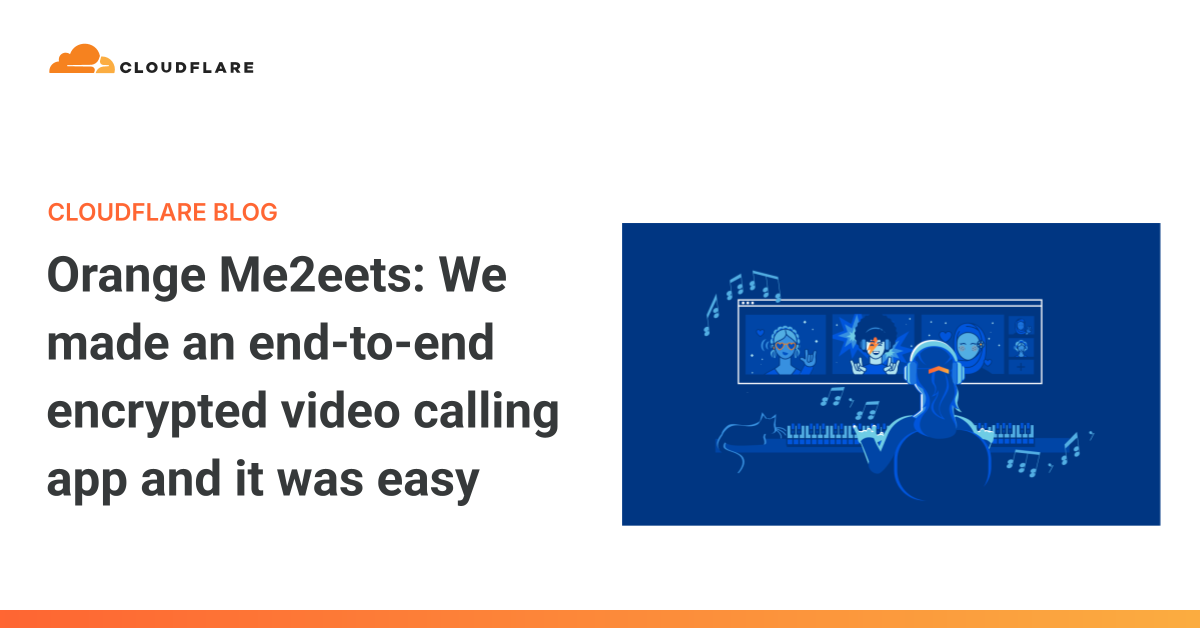Developing a new video conferencing application often begins with a peer-to-peer setup using WebRTC, facilitating direct data exchange between clients. While effective for small demonstrations, this method encounters scalability hurdles with increased participants. The data transmission load for each client escalates significantly in proportion to the number of users, as each client is required to send data to every other client except themselves (n-1).
In the scaling of video conferencing applications, Selective Forwarding Units (SFUs) are essential. Essentially a media stream routing hub, an SFU receives media and data flows from participants and intelligently determines which streams to forward. By strategically distributing media based on network conditions and participant needs, this mechanism minimizes bandwidth usage and greatly enhances scalability. Nearly every video conferencing application today uses SFUs.
In 2024, we announced Cloudflare Realtime (then called Cloudflare Calls), our suite of WebRTC products, and we also released Orange Meets, an open source video chat application built on top of our SFU.
We also realized that use of an SFU often comes with a privacy cost, as there is now a centralized hub that could see and listen to all the media contents, even though its sole job is to forward media bytes between clients as a data plane.
We believe end-to-end encryption should be the industry standard for secure communication and that’s why today we’re excited to share that we’ve implemented and open sourced end-to-end encryption in Orange Meets. Our generic implementation is client-only, so it can be used with any WebRTC infrastructure. Finally, our new designated committer distributed algorithm is verified in a bounded model checker to verify this algorithm handles edge cases gracefully.


